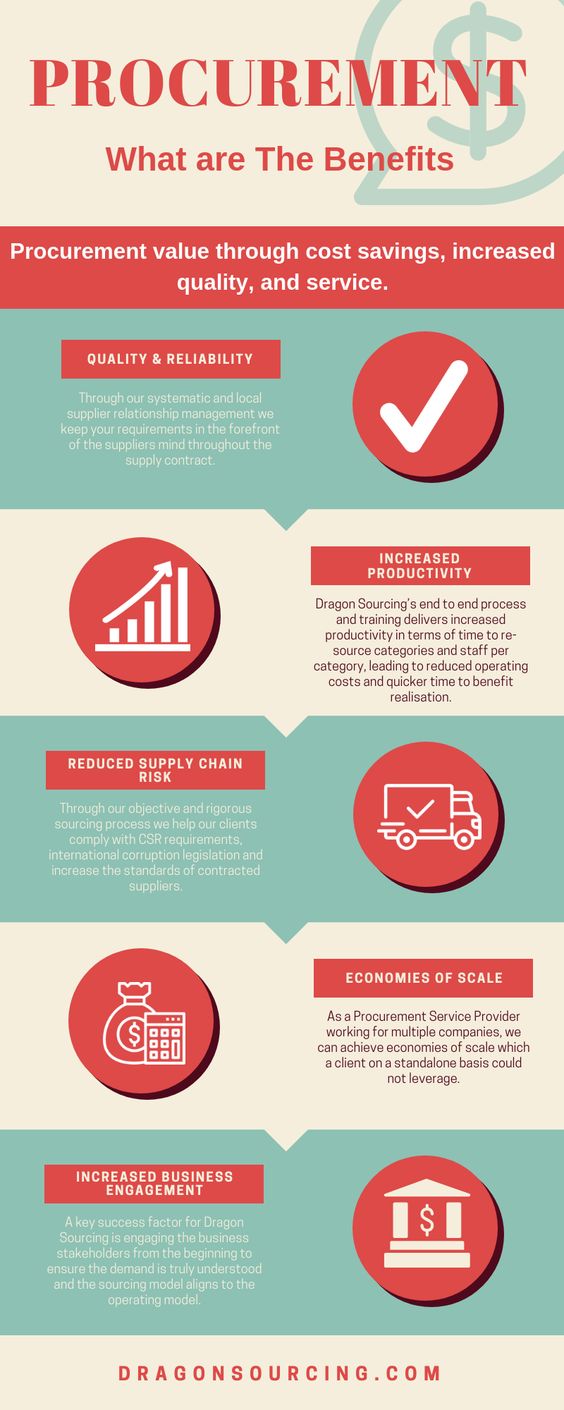Procurement in project management is the process of acquiring goods, services, or works from an external source, such as a vendor, supplier, or contractor. It is a critical step in the project management process, as it involves selecting the right supplier and negotiating the best price and terms of the agreement.
The Role of Procurement in Project Management
Procurement plays an important role in project management by ensuring that resources are acquired in a timely and cost-effective manner. It also helps to ensure that the project is completed on time and within budget. In addition to this, procurement helps to reduce the risk of cost overruns and delays by ensuring that the right supplier is selected and that the terms of the agreement are favorable to the project.
The Procurement Process
The procurement process typically involves several steps, including:
1. Identifying the need for a particular resource
2. Identifying potential suppliers
3. Evaluating the potential suppliers
4. Negotiating the terms of the agreement
5. Awarding the contract
6. Managing the contract
7. Monitoring the performance of the supplier
Understanding Contract Types
When engaging in procurement, it is important to understand the different types of contracts that can be used. These include fixed-price contracts, cost-plus contracts, and time and materials contracts. Each type of contract has its own advantages and disadvantages, so it is important to select the one that best meets the needs of the project.
Factors to Consider in Procurement
When engaging in procurement, there are several factors to consider in order to ensure that the right supplier is selected and that the terms of the agreement are favorable to the project. These include:
1. Cost
2. Quality
3. Delivery
4. Reputation
5. Experience
6. Capacity
7. Legal considerations
Managing the Procurement Process
The procurement process can be complex, so it is important to have a plan in place to manage it. This includes establishing clear goals and objectives, setting timelines and milestones, and monitoring progress. It is also important to ensure that all stakeholders are kept informed throughout the process.
Risk Management in Procurement
Procurement involves risks, so it is important to manage these risks in order to ensure a successful outcome. This includes identifying potential risks and developing strategies to mitigate them. It is also important to have a contingency plan in place in case the supplier fails to meet the requirements of the agreement.
You might find these FREE courses useful
- Top Program Procurement Planning With Clickup
- Top Global Public Procurement Courses
- Top Procurement Courses – Learn Procurement Online
- Top Procurement Basics Courses
- Procurement Basics
- Strategic Procurement and Sourcing Conclusions
Conclusion
Procurement is an important part of project management and involves selecting the right supplier and negotiating the best price and terms of the agreement. It is a complex process, so it is important to have a plan in place to manage it, as well as to understand the different types of contracts and to consider the factors that can affect the success of the procurement process. Finally, it is important to manage the risks associated with procurement in order to ensure a successful outcome.


